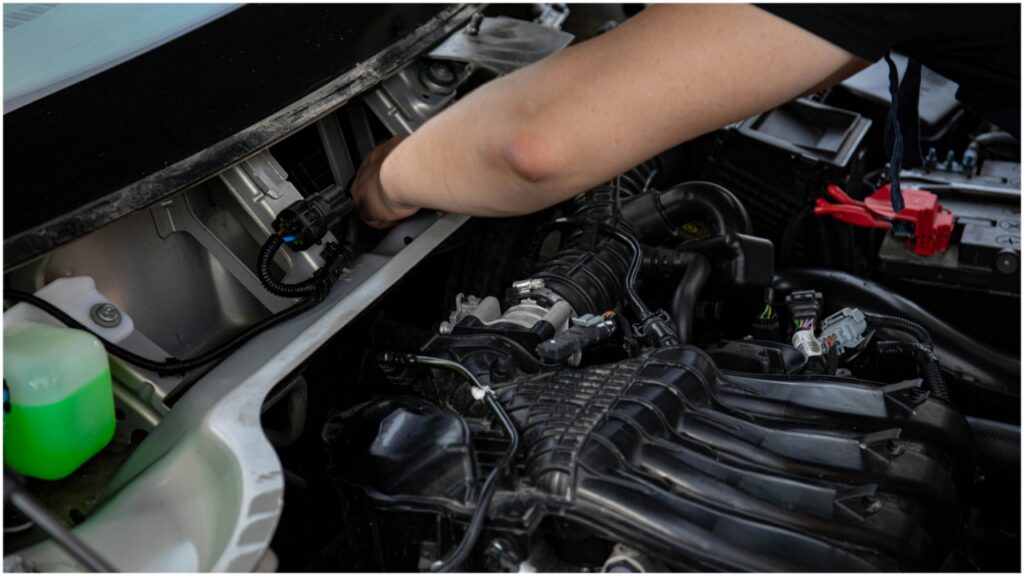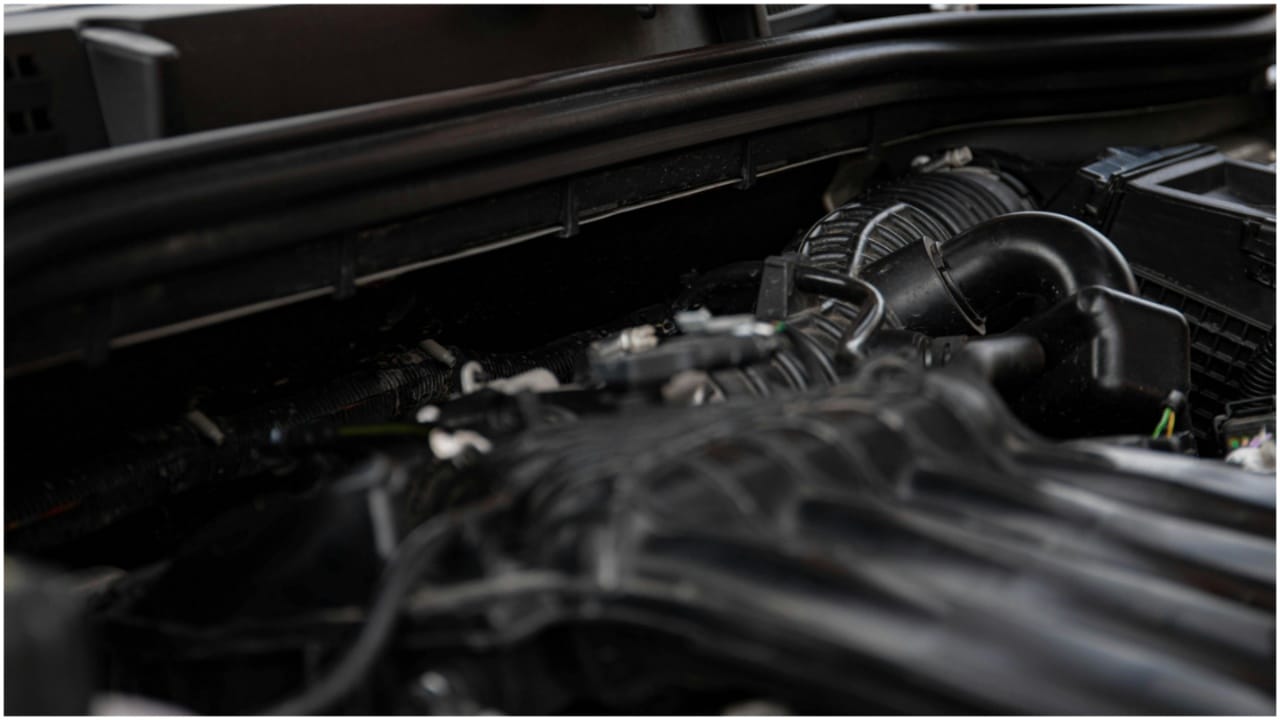Engine knocking is a metallic pinging sound caused by uneven fuel combustion. It happens when the air-fuel mixture ignites too early or too late in the engine’s cylinders.
If ignored, knocking can lead to engine damage. To stop it, using the correct engine additive is key. Additives improve fuel quality, clean deposits, and enhance combustion efficiency.
Spotting the Signs
Knocking isn’t always obvious. Listen for a sharp, rhythmic tapping when accelerating or climbing hills.
Reduced engine performance, such as sluggish acceleration or lower fuel efficiency, can indicate knocking.
These symptoms are your car’s way of saying it needs attention.
Causes of Knocking
Low-octane fuel is a leading cause. Engines designed for high-octane gas will knock if the wrong grade is used. Carbon buildup inside the cylinders is another common issue.
Deposits create hot spots, causing premature ignition. Faulty spark plugs or a failing ignition system can lead to uneven combustion.
Choosing the Right Additive
The best additive depends on the cause of knocking. If low-octane fuel is the issue, an octane booster is ideal.
These additives increase the fuel’s resistance to knocking by improving its stability under pressure. Look for products labeled as octane enhancers or knock reducers.
Cleaning Carbon Deposits
A fuel system cleaner is the best choice for knocking caused by carbon buildup. These additives remove deposits from fuel injectors, valves, and cylinders.
Choose a cleaner designed for your engine type, especially if you have a high-mileage car or a turbocharged engine.
Preventing Ethanol Issues
Ethanol-blended fuels can worsen knocking. Ethanol stabilizers are additives that balance the fuel mixture, preventing uneven burning. If you frequently use ethanol-based fuels, consider an additive with stabilizing properties.
How to Use Additives
Most engine additives are poured directly into the fuel tank. Follow the instructions on the label carefully. Use the correct amount based on your tank’s size.
Overuse can dilute the effectiveness, while underuse might not provide results. After adding, drive usually and monitor the engine. Improvement may take a few tanks of fuel.
When Additives Aren’t Enough

If knocking continues after using additives, the issue might be mechanical. Worn-out pistons, faulty rods, or a failing ignition system could be to blame.
Additives can’t fix these problems. Consult a mechanic to diagnose and repair deeper issues.
Regular Maintenance is Key
Additives work best when paired with regular maintenance. Change your spark plugs and air filters on schedule.
Keep your engine tuned and use the recommended fuel grade. Preventive care minimizes the chances of knocking and extends your engine’s life.
Conclusion
Engine knocking is more than an annoying sound—it’s a warning sign. Identifying the right additive depends on the problem’s root cause.
Whether it’s an octane booster, a carbon cleaner, or an ethanol stabilizer, the right product can restore smooth performance.

